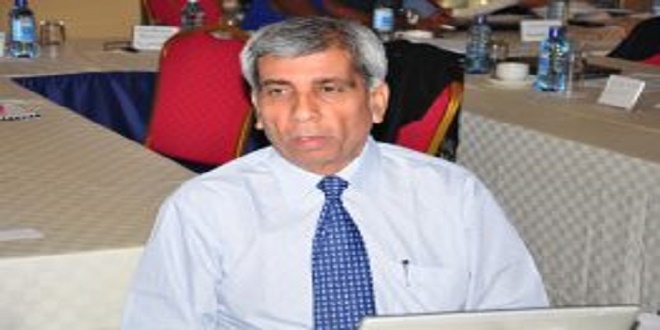'Include NCDs treatment in universal health insurance' – IPPmedia

The World Health Organisation (WHO) estimates that more than 45 per cent of deaths in the world were from NCDs and during COVID-19 period NCDs patients were more affected.
The remarks were made recently by Tanzania Non-Communicable Diseases Alliance (TANCDA) secretary, Prof Kaushik Ramaiya at the launch of the defensive strategy on universal health insurance held in Dar es Salaam.
Prof. Ramaiya said the National Health Insurance Fund (NHIF) provides various types of services in regard to other diseases even though treatment of some diseases are not included, hence denying patients full treatment at hospitals under NHIF cover.
“NCDs are costly to treat, through NHIF people have been buying insurance for various diseases, but for some diseases, treatment including surgery is denied to NHIF card holders.
“I appeal to the government to look into this issue because WHO estimates show that from five to 10 years to come deaths from NCVDs may increase by more than 55 per cent
“If NCDS are not properly treated, patients could be infected with other diseases including kidney diseases, stroke and others,” said Prof Ramaiya.
He also appealed to the government’s coordination in the availability of NCDs in all dispensaries and health centres countrywide so that the community gets access to the treatment close to their areas.
Mbozi Member of Parliament in Songwe Region, George Mwenisongole said the issue of universal health insurance should be the agenda for the nation in order to give hope for treatment to every Tanzanian whenever they become ill.
“Universal health insurance should not be discriminatory, but should be one that provides insurance cover to all types of diseases, especially NCDs sufferers whose treatment is costly.
For her part, Gloria Tesha, a journalist appealed to the government to invest in education on NCDs, beginning at primary school level so that as children grow, they should have some adequate understanding on the diseases to help them take preventive measures against them.
“We journalists are ready to use our pens and raise our voices to educate the community on how they can protect themselves against the diseases.
“Stakeholder and the government must agree in the joint fight against NCDs by making them become the national agenda, from street, village, ward, district, region level and should be accorded priority,” said Tesha.
For his part, TANCDA project manager, Happy Nchimbi stressed that as the country prepares itself to have universal health insurance; the issue on the prevention of NCDs should be given top priority through allocation of an enabling budget.







